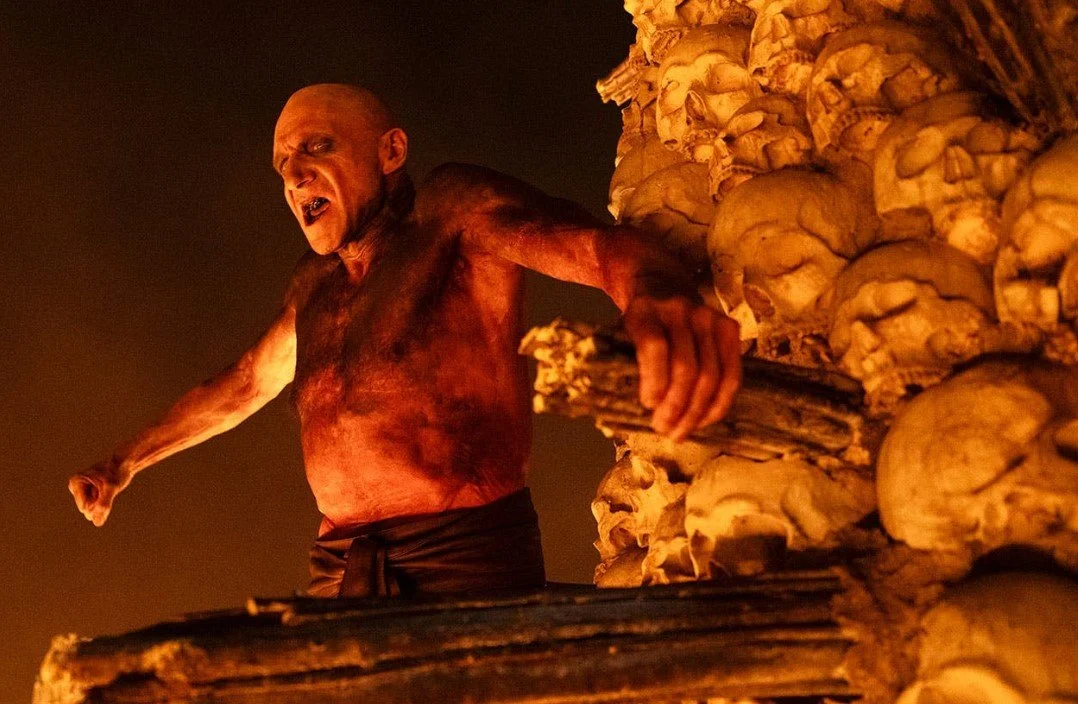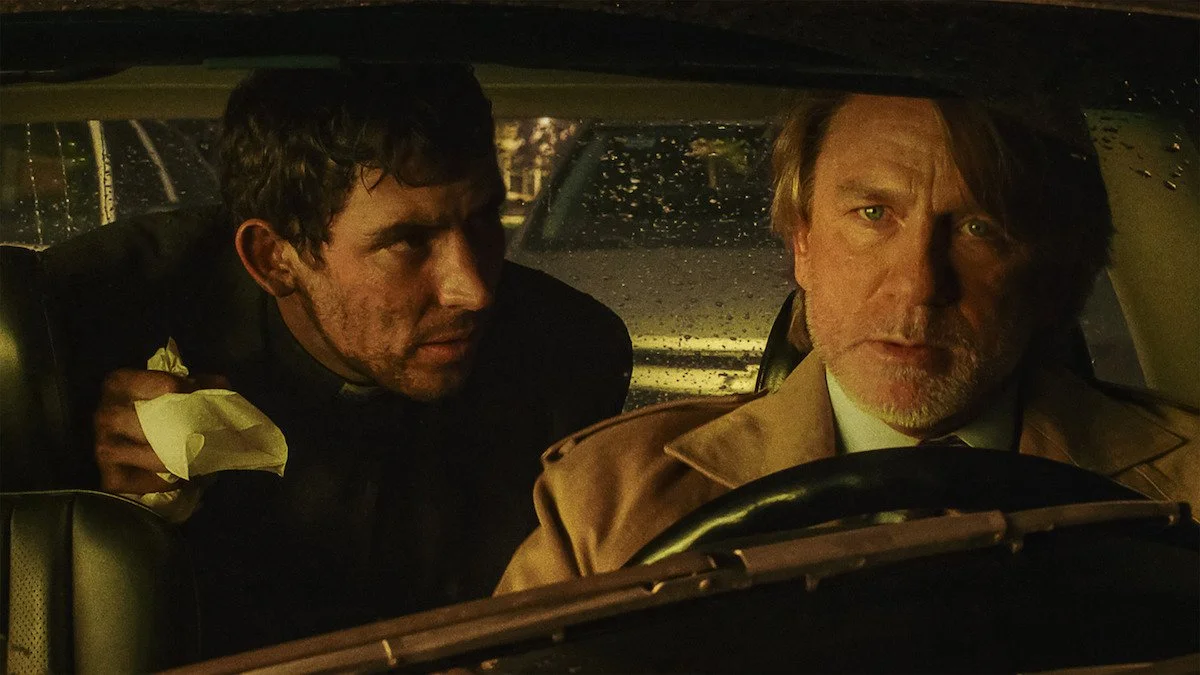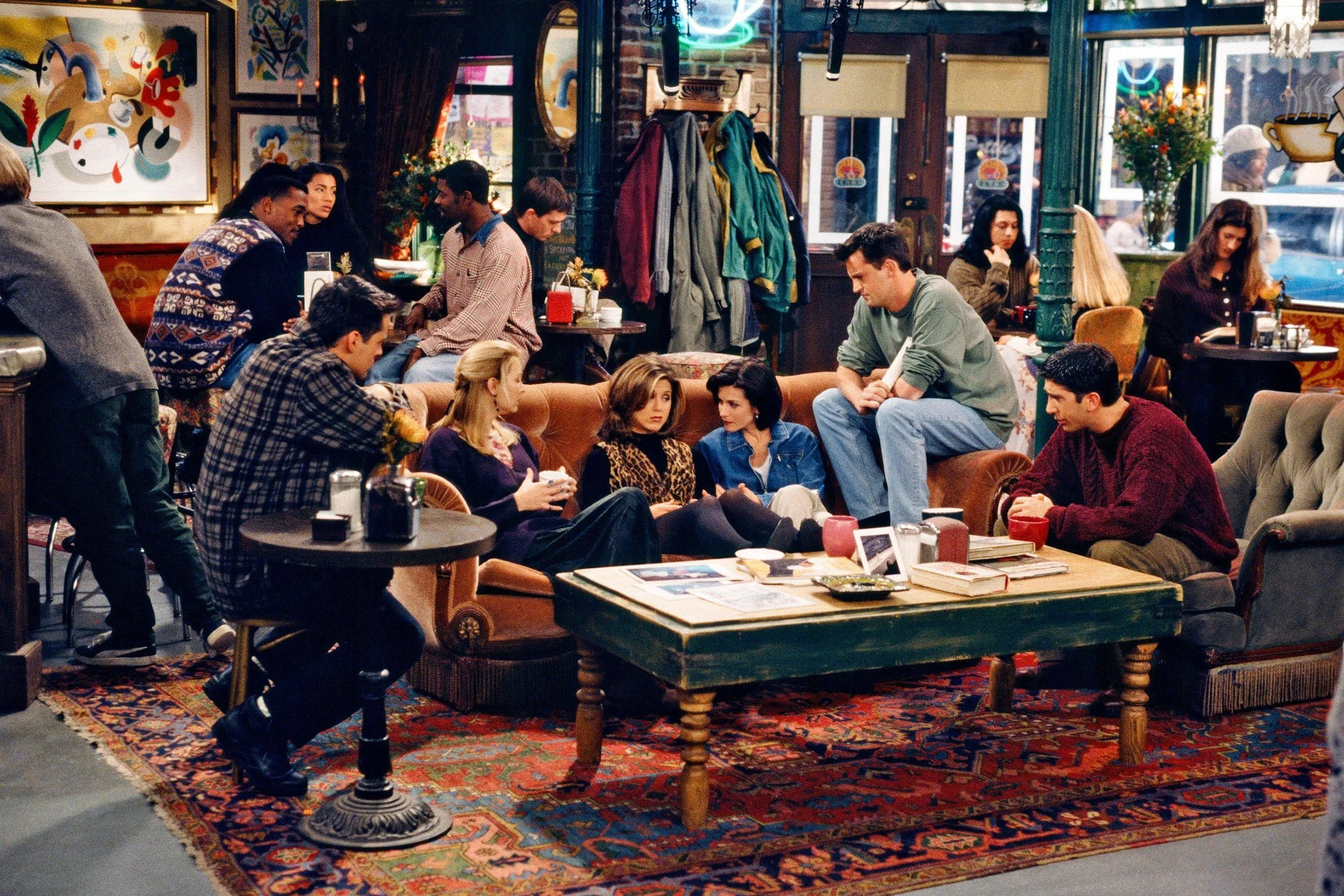‘Raging’ REVIEW: The Silence That Rumbles
‘Raging’ REVIEW: The Silence That Rumbles
Eli (Elijah Canlas) surrounding himself with nature | Still courtesy of Cinemalaya
This review contains spoilers and discussions of sexual assault. Reader discretion is advised.
Ryan Machado returns with another love letter to his hometown, the island of Romblon. Raging comes after his debut feature film, also from Cinemalaya, ‘Huling Palabas’, which explores queer experiences on the same island, focusing on self-discovery and finding solace through a coming-of-age narrative.
For his sophomore feature, Machado centers the narrative on coming to terms with male-imposed abuses. Set in the ‘90s in Sibuyan, Romblon, the film follows Eli (played by Elijah Canlas) as he tries to navigate the aftermath of sexual assault. It wasn’t made obvious at the start, as the film opens with a plane crash at Mt. Guiting-Guiting, with Eli trying to notify the community and its authorities about it. The information about his assault is only brought up after the mayor dismissed his sighting of a plane crash and connected it to another case that Eli also reported. Eventually, he is mocked for the sexual assault merely for the fact that it is a male-to-male encounter.
Eli (Elijah Canlas) looking out at the window | Still courtesy of Cinemalaya
The plane crash becomes the catalyst for Eli to isolate himself further after trying to find validations of his case of sightings of it, as he was dismissed earlier for his sexual assault case. This causes him to withdraw, and as evident in his actions and postures, as he tries to reserve himself more, as he thinks in his mind that nobody in his community would believe him. The only thing that validates him is his Walkman, where he records himself voice notes as his own diary. The comfort of hearing his own voice gives him a sense of assurance of being heard. Eli also misses the company he used to have with his friends, but they, too, don’t believe in him, so he just can’t help but observe from afar and distance himself from them.
The plane crash could’ve been Eli’s second chance to attempt to convince people to believe in him, but in the end, they did not, and they still contradicted him, just like what happened before. It would have also been an opportunity for the people and the authorities to take an interest in Eli’s case, but rather, they chose not to take accountability.
The community refuses to believe what happened to Eli, and if they did, they would refuse to take word that this happened to a man. In this sense, they fail to provide him a voice and a safe space where one could heal.
The sounds of nature in the film are louder than Eli’s voice, which can imply his inner struggle of being heard. Even the camera’s stillness and refusal to move also analogize Eli’s struggle to move on. His rage won’t materialize in his reactions and body language, as his emotions also suppress him because he hasn't been heard.
It is only in the film's final moment that Eli gets to scream his rage out when he confronts his abuser, Arjo (played by Ron Angeles), who is also one of his closest friends. Eli tries to ask for explanations for his actions, but Arjo dismisses him and contradicts him further, as if it was something that he liked, mentioning that he didn’t move when Arjo was doing it to Eli.
Living on an island like Sibuyan, Romblon, is different from the liberal cities of Manila, where he can try to escape his solitude and find a community that understands and accepts him. Provincial innocence, combined with the ever-problematic patriarchy and religious influences, has caused Eli and the community to agonize over their pain alone for something that they don’t even understand. Even Arjo gaslights Eli for liking it and forcefully denies himself to understand his own actions as a result of the culture in his community. The silence only adds to the lack of understanding of the community about how victims feel and how this culture affects everybody.
This also adds to the ongoing culture of impunity in the country, where there is an overall lack of accountability coming from perpetrators. The question of whether Eli found justice after the aftermath of their fight, where Arjo fell and died, is still up for debate. Even when he attempts to clean himself from the mud, he is still not yet clean from what he did. The act of killing doesn’t mean justice, and it doesn’t erase trauma, but Eli is recognized for trying to battle with it.
Eli (Elijah Canlas) waking up from a nightmare | Still courtesy of Cinemalaya
More than the story of male abuse, the film is also a story of the ongoing environmental exploitation and degradation happening in Romblon. Just like Eli, the environment was abused, and the silence of this case, when left unchecked, bears unbearable consequences to the nearby communities. These two stories happening at the same time also add up to the experience of living in that community, where one’s lone thoughts in processing abuse or their concerns of everyday life are further amplified with worries about what would happen to their communal spaces, where the future is now unsure.
Raging never really settled on just finding justice for Eli, as the justice he was searching for would also wreck the community, since they’ve shown that they cannot handle the truth. Machado calls for a safe space where events like these can be prevented, where the victims themselves can reclaim themselves in the community, as well as a community that can provide it. It’s a systemic problem, and the country should reflect and have to face the truth, as cases like Eli, when left silenced for too long, could cause unimaginable rumbles.
‘Raging' is one of the selected full-length feature films for the 21st edition of the Cinemalaya Philippine Independent Film Festival.




















